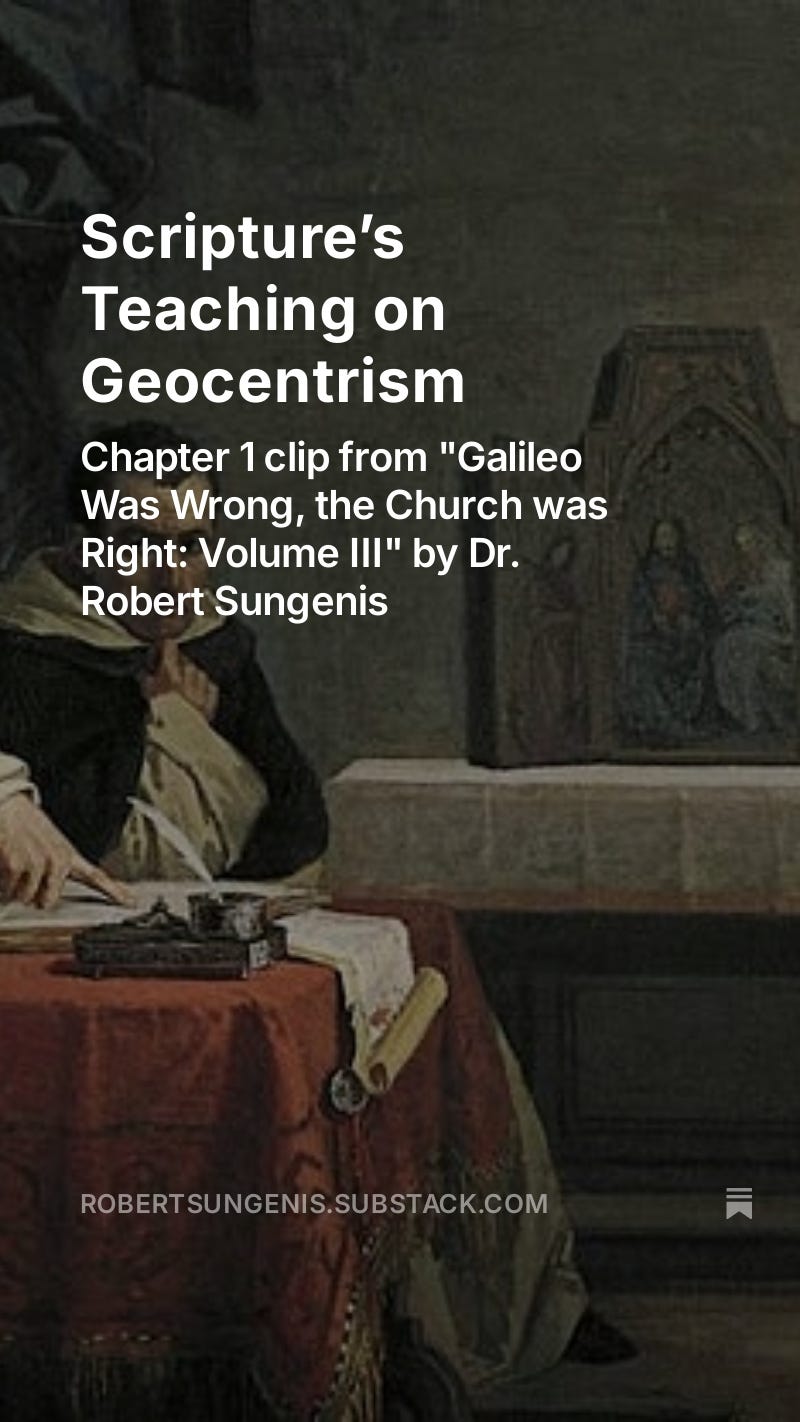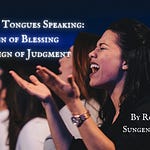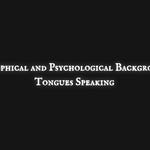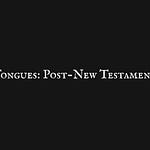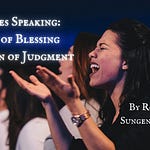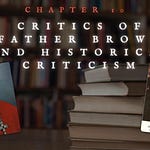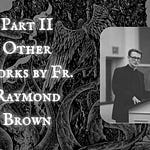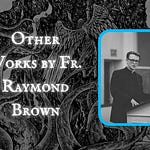How Much Authority Does Scripture Possess Regarding Science?
Harvard historian I. Bernard Cohen gives us the secular world’s view of the inevitable clash that would occur between Copernicanism and Scripture:
One necessary consequence of his system was the position that the literal interpretation of Scripture cannot be the ultimate test for scientific ex…




